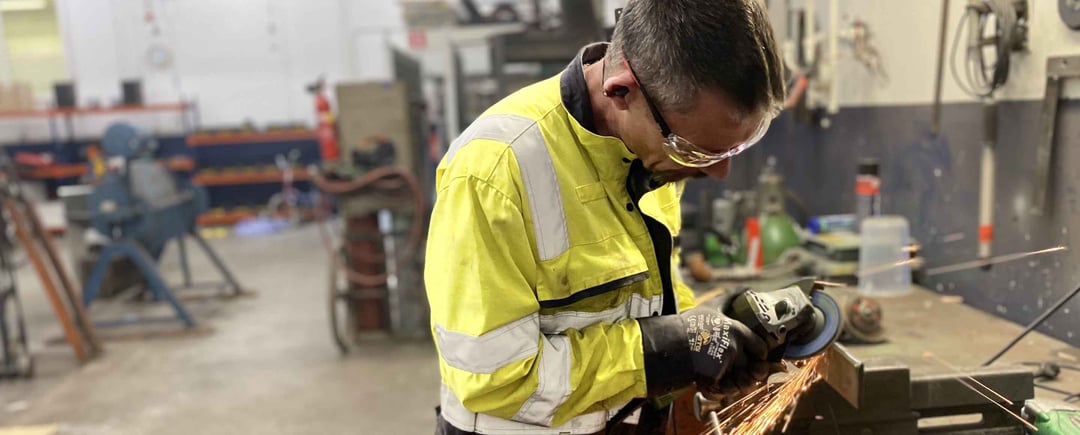Stay Safe From Burns: Understanding Fire-Resistant and Flame Retardant Clothing
Working in an industry with fire hazards? Proper workwear is crucial to prevent burn injuries – some of the most painful and debilitating. This guide explains the key differences between fire-resistant and flame retardant clothing, helping you choose the best protection for your needs.
Why Fire Safety Matters
Fire is no joke. Burns take a long time to heal and can cause immense pain. Even in seemingly low-risk environments, burns are a real threat. Choosing the right flame retardant workwear minimizes the chance of such injuries, potentially saving you from serious harm.
Fire-Resistant vs. Flame Retardant: Key Differences
Don’t let these terms confuse you! Here’s a breakdown:
- Fire-Resistant: This fabric is inherently resistant to ignition. It’s unlikely to catch fire even near flames, and self-extinguishes once the source of heat is removed.
- Flame Retardant: This fabric undergoes a chemical treatment during manufacturing. This treatment slows down burning or makes the material self-extinguish when exposed to open flames. Without this treatment, it’s not truly flame retardant.
Choosing the Right Protection
- Fire-Resistant: Ideal for high-risk environments where intense heat is a constant threat. These garments won’t readily catch fire and offer superior protection.
- Flame Retardant: Suitable for various industries like oil & gas, mining, and manufacturing. It slows down burning, reducing the severity of potential burns.
Important Considerations
- Flame retardant clothing doesn’t prevent burns entirely, but lessens their impact.
- Layering flame retardant garments provides additional protection and time before sustaining burns.
- Safety Workwear UK offers a wide range of flame retardant clothing, including trousers, overalls, base layers, and sweatshirts.
By understanding the difference between fire-resistant and flame retardant workwear, you can make an informed decision to protect yourself from fire hazards in the workplace.





